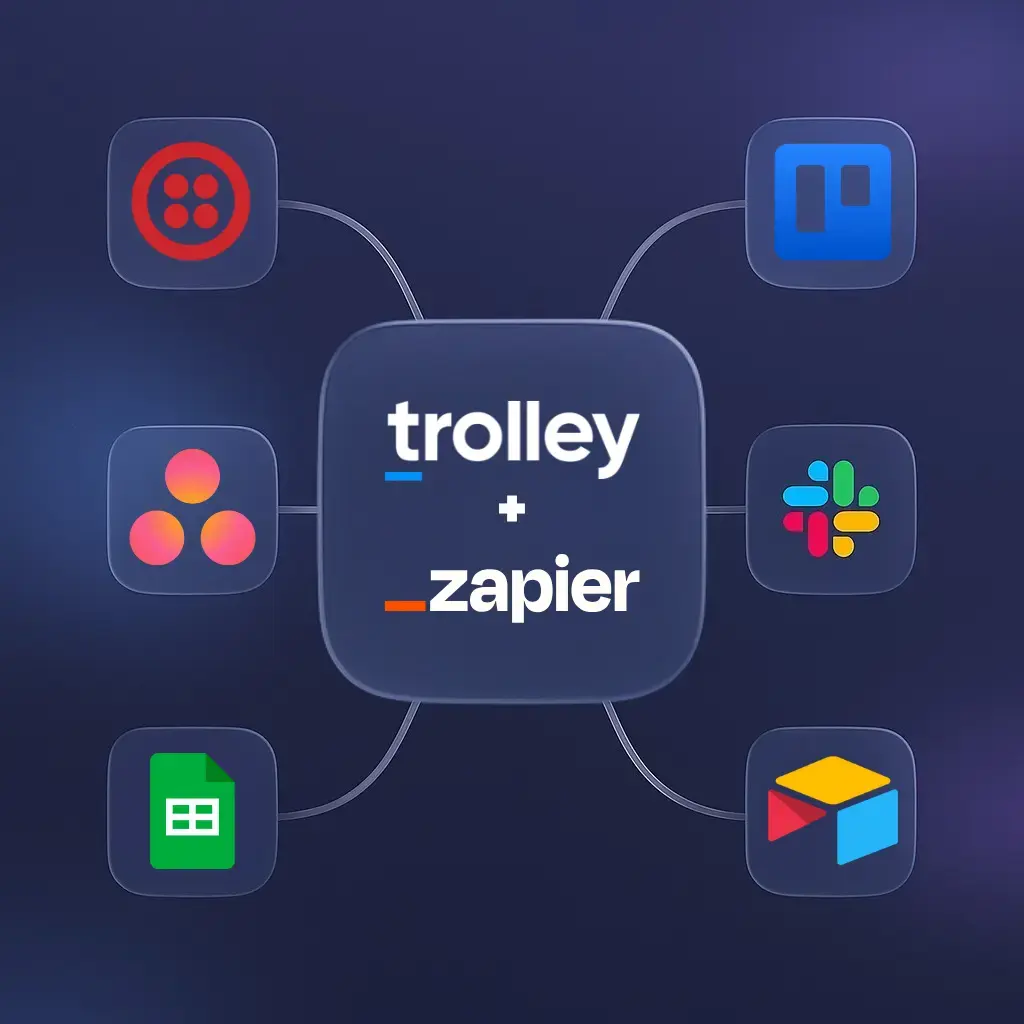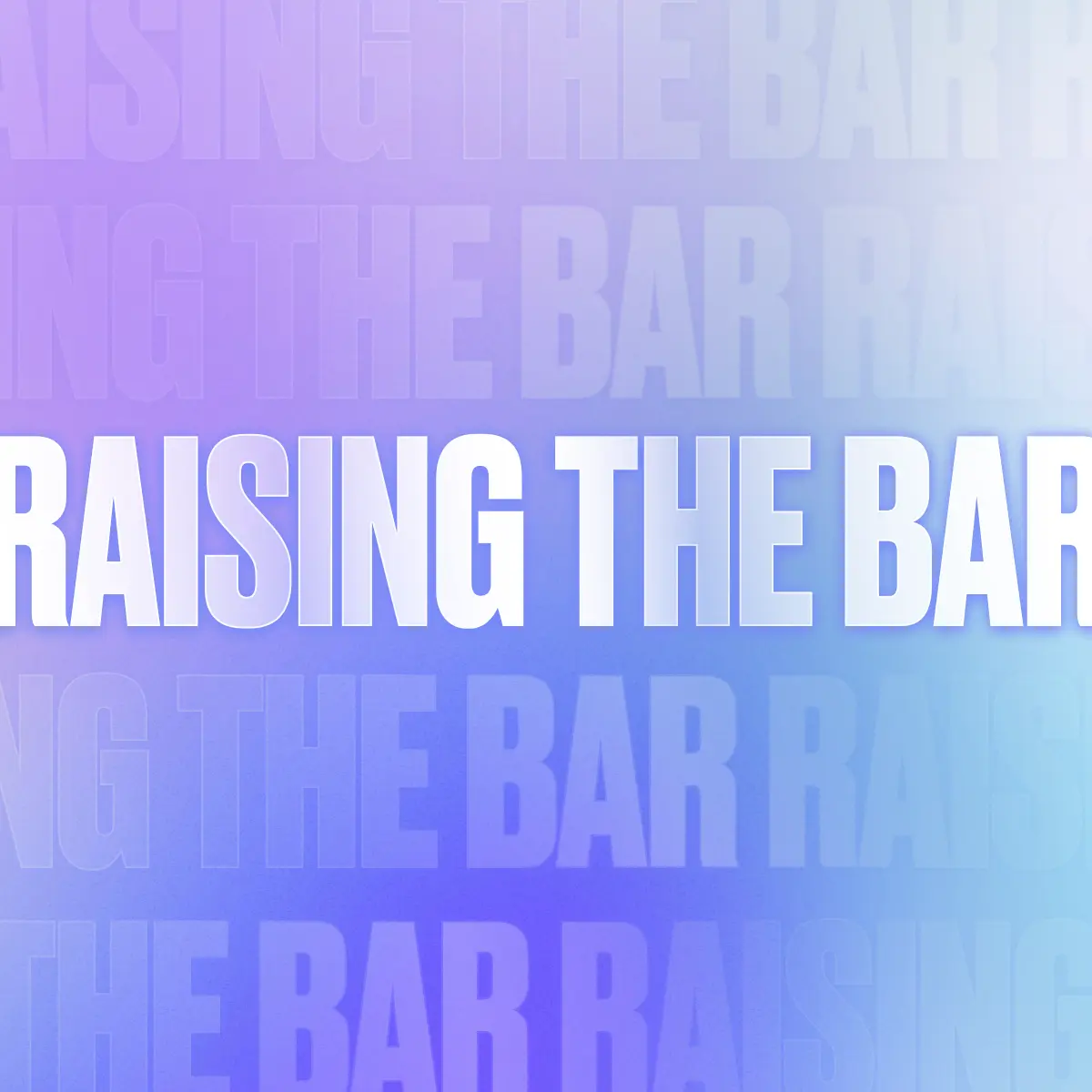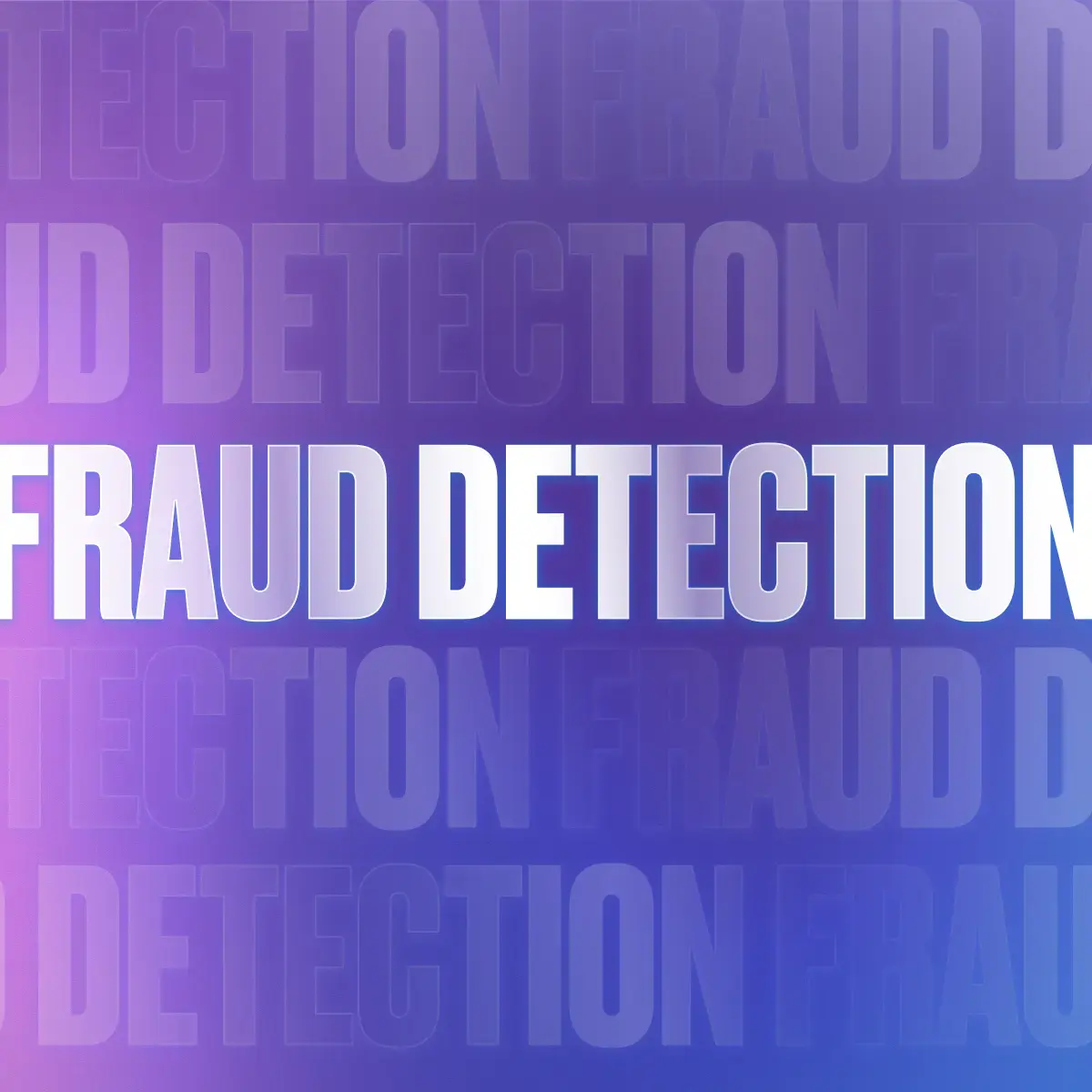Unsure about how to classify certain types of income, like artist advances or royalties? Navigating IRS Forms 1099-MISC and 1099-NEC can be tricky, especially when it comes to understanding which payments fall under which category. This guide will help clear up the confusion, ensuring you stay compliant and avoid costly mistakes when reporting music-related income.
Tax season is a challenging time for businesses working with artists and rightsholders, particularly when navigating the complexities of IRS reporting requirements for payments for royalties, advances, and other forms of income.
Compliance goes beyond avoiding penalties—it’s about fostering trust with artists and maintaining smooth operations. Staying compliant comes with huge benefits for your business and those you work with. However, understanding the distinctions between IRS Forms 1099-MISC and 1099-NEC, and how to classify different types of income under each, is a common pain point.
This blog breaks down the nuances of these forms as they relate to music payouts, including royalties and advances. It provides clarity on how to classify payments, ensure compliance, and avoid common pitfalls.
We’ll unpack the differences between Forms 1099-MISC and 1099-NEC, why artist advances and royalties are treated differently for tax purposes, key compliance considerations when making music-related payouts, and best practices to streamline your tax processes.
This blog is part of a series on navigating tax compliance issues in the music industry, taken from conversations with Jessalyn Dean, CPA.
What we cover
- What types of income are reported under IRS Form 1099-MISC?
- What about artist advances?
- What types of income are reported under IRS Form 1099-NEC?
- Why does it matter which form the payment is reported on?
- Avoiding duplicate Form 1099 reporting: A common pitfall
- Best practices for tax compliance in music payouts
- Take the guesswork out of tax season with Trolley
What types of income are reported under IRS Form 1099-MISC?
Form 1099-MISC—short for “Miscellaneous Information”—is an informational tax return that businesses use to report specific types of income paid to individuals or entities. Payments covered under this form include rents, prizes, awards, and, notably, royalties.
For most types of income reportable on a 1099-MISC, businesses must file the form when they pay a recipient $600 or more in a tax year. However, royalties are an exception, with a much lower reporting threshold: just $10 in royalties payments requires filing a 1099-MISC.
This form is the go-to for reporting royalty income for:
- Individual songwriters: Royalties paid directly to individual songwriters for the use of their music are typically reported on Form 1099-MISC.
- Rights administration businesses: When a rights administration business receives royalties on behalf of songwriters or other rights holders, they usually report those payments on Form 1099-MISC.
- Publishing companies: Music publishers receiving royalties on behalf of songwriters are required to report those royalties on Form 1099-MISC.
- Record labels: When record labels pay royalties to artists, these payments are generally reported on Form 1099-MISC.
- Music licensing agreements: Royalties or licensing fees received for music used in films, TV shows, or commercials are also typically reported on Form 1099-MISC.
However, not all music-related payouts fall into this category, which leads us to our discussion of artist advances.
What about artist advances?
Artist advances often blur the line between compensation for services and royalty income. Although they may appear to qualify as royalty income, the IRS treats them differently. To classify as a royalty for tax purposes, the artist typically must have ownership rights to the intellectual property (IP) being paid for.
For example:
- Suppose an artist is contracted to create a recording but the rights to the master recording belong entirely to the label. In that case, the payments are likely considered nonemployee compensation for services and should be reported on Form 1099-NEC.
- Suppose the contract stipulates that the artist retains no IP ownership and is paid a percentage of sales as part of the agreement. In that case, this payment is still likely nonemployee compensation and should be reported on Form 1099-NEC, regardless of whether it is referred to as a “royalty” in the contract.
Special considerations for advances
Artist advances often create tax questions due to their unique structure. Nonrecoupable advances—where the artist keeps the funds even if the label fails to recover its costs—are generally considered compensation for services and are reported on Form 1099-NEC as nonemployee compensation when they are paid to the artist. However, recoupable advances, which require the label to recover costs before the artist can fully access the funds, may not immediately trigger Form 1099 reporting obligations. This concept, known as dominion and control, hinges on whether the artist has unrestricted access to the funds, affecting when the income is considered taxable and therefore affecting when the income is reportable on a Form 1099.
Understanding the nature of these payments—and whether they qualify as royalties or nonemployee compensation—helps ensure accurate tax reporting. Now that we’ve clarified how advances are classified, let’s look at other common music-related payouts reported on Form 1099-NEC.
What types of income are reported under IRS Form 1099-NEC?
Form 1099-NEC—short for “Nonemployee Compensation”—is used to report payments to independent contractors or freelancers who are not employees of the paying business. Payments of $600 or more in a tax year must be reported using this form.
In the music industry, Form 1099-NEC is used for payments classified as compensation for services rather than royalties. Examples include:
- Payments to session or studio musicians working as freelancers: When musicians are hired on a freelance basis to perform for recordings or live sessions, their payments are generally considered compensation for services and reported on Form 1099-NEC. This includes musicians who may not have long-term contracts with the studio or record label but are instead paid for specific performances or recordings.
- Payments to artists under contracts without IP ownership rights: An artist might be party to a contract that grants them an initial fixed payment for recording some music and then ongoing future payments based on a percentage of music streams. This contract may even call the future payments a “royalty.” If the contract does not grant the artist ownership in the intellectual property (IP), then these payments are likely reported on a Form 1099-NEC, as is the initial payment. These payments are treated as compensation for services, not as royalties for IP usage.
- Fixed payments for live performances or gigs: When artists receive a fixed payment for performing live, such as concert gigs, festivals, or private performances, those payments are typically reported on Form 1099-NEC. These payments are for the artist’s performance services and are not tied to any royalties or IP usage.
- Compensation for music production services (e.g., producers, engineers): Music producers, sound engineers, and other professionals who provide music production services are typically compensated for their work through fixed fees or payments for services. These types of payments are reported on Form 1099-NEC, as they are considered compensation for services provided rather than royalty payments.
- Pre-payment advances not tied to royalties: Advances that are paid to artists or creators before the revenue is earned (e.g., upfront payments for upcoming projects that are not tied to specific royalties or IP usage) should be reported on Form 1099-NEC. These payments are for services or future work, not for the use of intellectual property.
A good rule of thumb is that if a payment is being made before the IP has been created or is paid to someone who does not hold the IP rights, then it is likely not a royalty for tax purposes.
Now that we’ve covered the nuances of 1099-NEC reporting for various types of payments in the music industry, we’ll touch briefly on some best practices for tax compliance.
Why does it matter which form the payment is reported on?
Correctly classifying payments as either royalties or nonemployee compensation impacts both the business making the payment and the recipient.
For businesses:
Improperly classifying a payment can lead to penalties for under-reporting. For example, if a payment should have been reported as a royalty on Form 1099-MISC with the $10 threshold but is instead reported as nonemployee compensation on Form 1099-NEC with the $600 threshold, the business may face IRS penalties for not reporting the payment at the lower threshold.
For artists:
The form used to report a payment can affect the recipient’s tax obligations, especially in relation to self-employment (SE) tax. Payments reported on Form 1099-NEC as nonemployee compensation are subject to SE tax, which can reach up to 15%. However, royalties reported on Form 1099-MISC may or may not be subject to SE tax, depending on the recipient’s circumstances:
- Active trade or business: If the royalties are received by an artist engaged in an active trade or business (as defined by the IRS), they are subject to SE tax.
- Passive income: If the royalties are received by someone not engaged in an active trade or business—such as a family member inheriting intellectual property rights from a deceased artist—then they are not subject to SE tax. For example, if an artist passes away and their family inherits the IP rights, royalties paid to the family member are typically considered passive income and not subject to SE tax.
Reporting royalties correctly on Form 1099-MISC ensures that SE tax is not automatically triggered, which is what happens when payments are incorrectly classified as nonemployee compensation on Form 1099-NEC. This distinction can result in significant tax savings for recipients.
Avoiding duplicate Form 1099 reporting: A common pitfall
One issue that can arise for artists is duplicate Form 1099 reporting—where the same payment gets reported on multiple Forms 1099. This is especially common when businesses use third-party payment platforms like PayPal. For instance:
- A business might issue a Form 1099-MISC or Form 1099-NEC for a royalty or service payment.
- The same payment, processed through PayPal, might also be reported on a Form 1099-K, the form used by payment processors to report transactions.
This duplication can lead to confusion for artists and potentially inflated tax obligations, as it may appear as though they received more income than they actually did.
Example scenario:
A songwriter receives a $5,000 royalty payment through PayPal. The record label issues a Form 1099-MISC to report the royalty. Meanwhile, PayPal also issues a Form 1099-K because the payment exceeded the $600 reporting threshold for payment processors. As a result, the IRS sees $10,000 in reported income instead of the $5,000 actually earned.
How to mitigate this:
Businesses issuing Forms 1099 need to be proactive in avoiding duplicate reporting by clearly communicating with recipients about how payments will be reported. Platforms like Trolley can facilitate this communication, helping businesses manage payment data and reduce the risk of duplicate reporting.
Best practices for tax compliance in music payouts
Managing royalty and nonemployee compensation payouts can be overwhelming, especially for businesses juggling multiple payment streams and deadlines. Here are a few tips to simplify the process:
- Validate recipient information: Collect and verify Forms W-9 and W-8, including TINs and FTINs, to ensure proper filing. This includes using the IRS TIN Matching Program, which helps identify mismatches and mitigate potential IRS fines or penalties for incorrect filings—a key feature that Trolley facilitates seamlessly.
- Understand the nature of each payment: Classify payouts correctly as royalties (1099-MISC) or nonemployee compensation (1099-NEC).
- Track conditional advances: If advances have conditions tied to them, monitor these carefully and consult a CPA to understand when they become taxable and reportable on a Form 1099.
- Automate workflows: Use platforms like Trolley to streamline tax form collection, validation, and filing.
- Stay informed: Tax laws change frequently. Regularly consult IRS resources and state tax websites to stay updated on new regulations.
Take the guesswork out of tax season with Trolley
Understanding the distinction between Form 1099-MISC and Form 1099-NEC is essential for staying compliant and avoiding penalties. By categorizing payments accurately and leveraging tools to automate the process, you can save time, reduce errors, and ensure a smoother experience for your team and your artists and rightsholders alike.
At Trolley, we’re here to make this process even smoother. Our automated payout and reporting solutions free finance teams from time-consuming manual tasks like form collection and distribution. By ensuring tax information is validated and tailored to each income stream, Trolley helps music companies stay compliant while delivering a seamless experience to their artists.
With Trolley, you can automate payout and tax processes, ensure accurate tax reporting, and stay compliant year-round.
Ready to streamline your royalty payouts and tax compliance? Join the likes of SoundCloud, United Masters, Soundrop, CD Baby, and more by getting in touch today.
*** Legal disclaimer
The information provided in this article is for informational purposes only and should not be considered legal, financial, or compliance advice. It is not intended to replace the advice of qualified professionals who are familiar with your specific circumstances. Compliance with IRS regulations is the responsibility of your organization.
Trolley’s platform is designed to assist with payment and tax reporting processes but does not constitute legal or compliance certification. We recommend consulting with your legal, financial, or compliance advisors to ensure that your systems and processes meet all applicable requirements. For questions about Trolley’s features and how they align with your compliance needs, please contact our support team.







